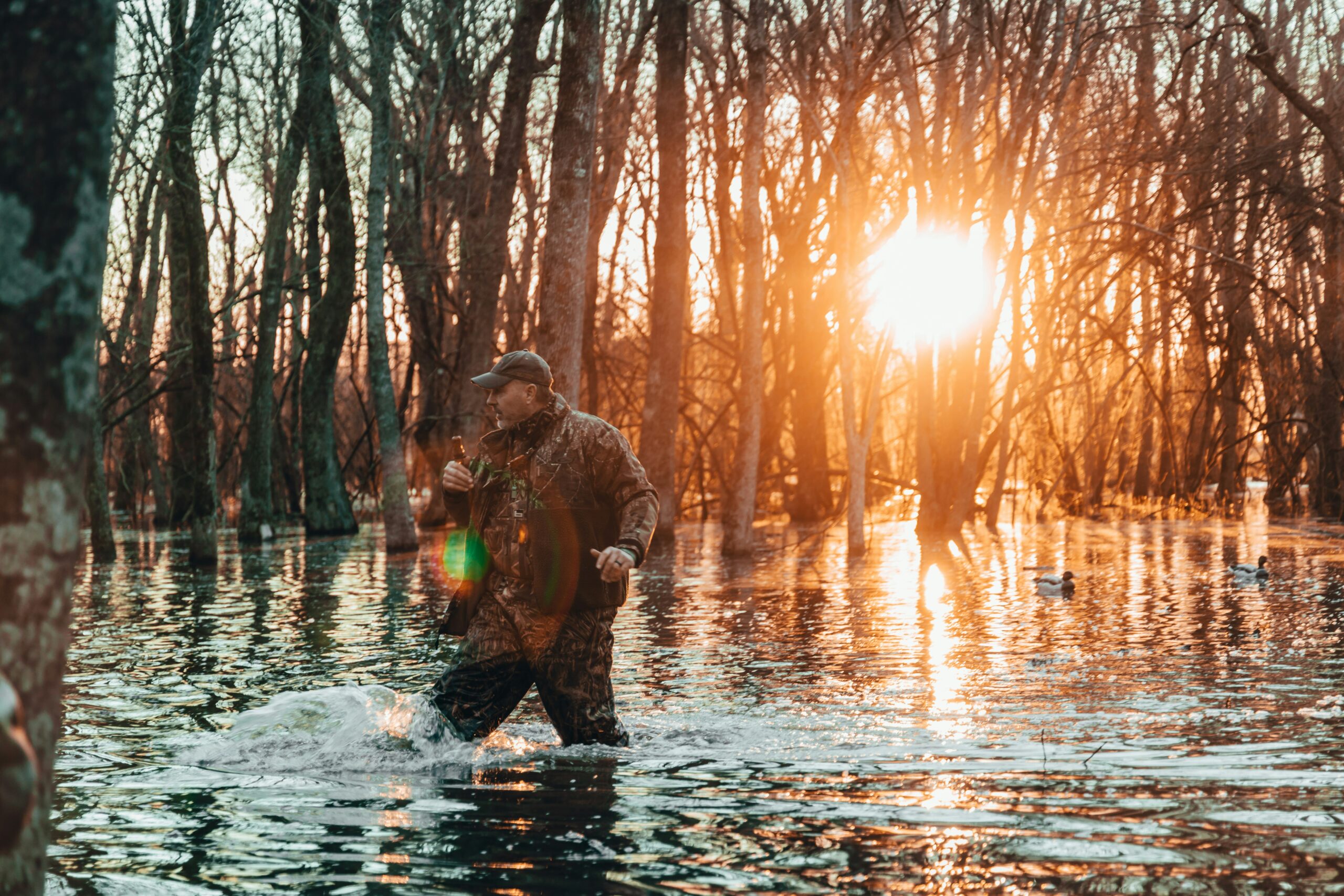As dawn breaks over the horizon, painting the sky in hues of gold and crimson, a hush falls over the rolling hills and dense forests. In this tranquil moment, the world seems to hold its breath, prepared to awaken to the stirring sounds of nature. For some, this serene backdrop serves not only as a canvas of beauty but also as the stage for an age-old tradition: hunting. The pursuit of game—be it deer, birds, or perhaps elusive wild boar—has transcended mere survival, evolving into a complex blend of skill, respect, and connection to the wilderness.
The Call of the Wild
Hunting, at its core, is a practice deeply rooted in human history. It reflects our primal instincts, honed over millennia as we sought food, resources, and understanding of the natural world. Today, while many of us no longer rely on hunting for sustenance, the sport embodies an indelible connection to nature that few activities can replicate. In the silence of the early morning, with the crisp air filling our lungs, hunters experience a profound sense of belonging—a reminder of our place within the grand tapestry of life.
The Hunter’s Preparation
To embark on a hunting trip is to enter into a sacred ritual. Preparation begins long before the first light of day. It involves careful planning and understanding of the terrain, knowledge of the game being pursued, and an unwavering respect for the environment. A responsible hunter must be well-versed in local regulations, equipped with the necessary licenses, and mindful of conservation efforts that ensure sustainable wildlife populations.
Gathering the right gear is essential. Whether it’s a well-worn rifle passed down through generations, a trusty bow that feels like an extension of oneself, or the perfect pair of boots designed for traversing rugged terrain, each item carries significance. The act of preparing one’s equipment becomes part of the journey, symbolizing the commitment to the craft.
The Thrill of the Chase
As you step into the wild, a captivating world unfolds. The forest awakens around you—the rustle of leaves, the distant call of a songbird, the snap of a twig underfoot—each sound a reminder of the life thriving in every shadowed nook. Quietly navigating through the underbrush, the very act of hunting becomes an intricate dance between predator and prey, steeped in patience and intuition.
The thrill of the chase lies in the unpredictability of nature. You may spot the flick of a white tail disappearing into the thicket or catch a glimpse of a graceful doe lapping water from a serene pond. Every encounter demands focus and respect. The hunter learns to read the signs—tracks in the mud, droppings that reveal feeding patterns, or the gentle sway of branches indicating movement nearby. This acute awareness fosters a deep bond between the hunter and the landscape, fostering admiration for the beauty and resilience of wildlife.
The Ethical Pursuit
Ethics in hunting cannot be overstated. The mark of a true hunter lies in their reverence for the animals they pursue. Each shot taken is a culmination of responsibility, skill, and respect for life. The choice to hunt is accompanied by an unspoken oath to honor the animal, ensuring that it is harvested humanely and sustainably.
Many hunters practice the principles of fair chase, advocating for responsible hunting practices that prioritize the well-being of wildlife populations and their habitats. This commitment to conservation is vital. Through regulated hunting, we contribute to the management of animal populations, promoting healthy ecosystems that allow both wildlife and human communities to thrive.
A Return to the Table
The culmination of a successful hunt is often a shared experience, an invitation to gather around the table with family and friends. Game meat—clean, organic, and rich in flavor—becomes a centerpiece of culinary delight and connection. Preparing and cooking what has been hunted not only honors the animal but serves as a celebration of the circle of life.
Recipes passed down through generations transform the meat into hearty meals, weaving stories and memories into each bite. The flavors reflect the essence of the wild, connecting us to both the landscape where the hunt occurred and to those we share it with. Each meal is a tribute to the respect and gratitude we hold for the earth and its bountiful gifts.
Conclusion
Hunting is not merely a sport; it is a profound journey into the heart of nature, a tapestry woven with lessons of patience, ethics, and respect. It invites us to step outside our comfort zones, to engage with the wilderness, and to cultivate a deep appreciation for the intricacies of life that surround us.
As the sun sets, painting the sky with the colors of twilight, hunters reflect on the day’s journey—the sights seen, the lessons learned, and the bonds forged. The call of the wild resonates, forever beckoning those with a spirit of adventure and a heart full of reverence for the natural world.


